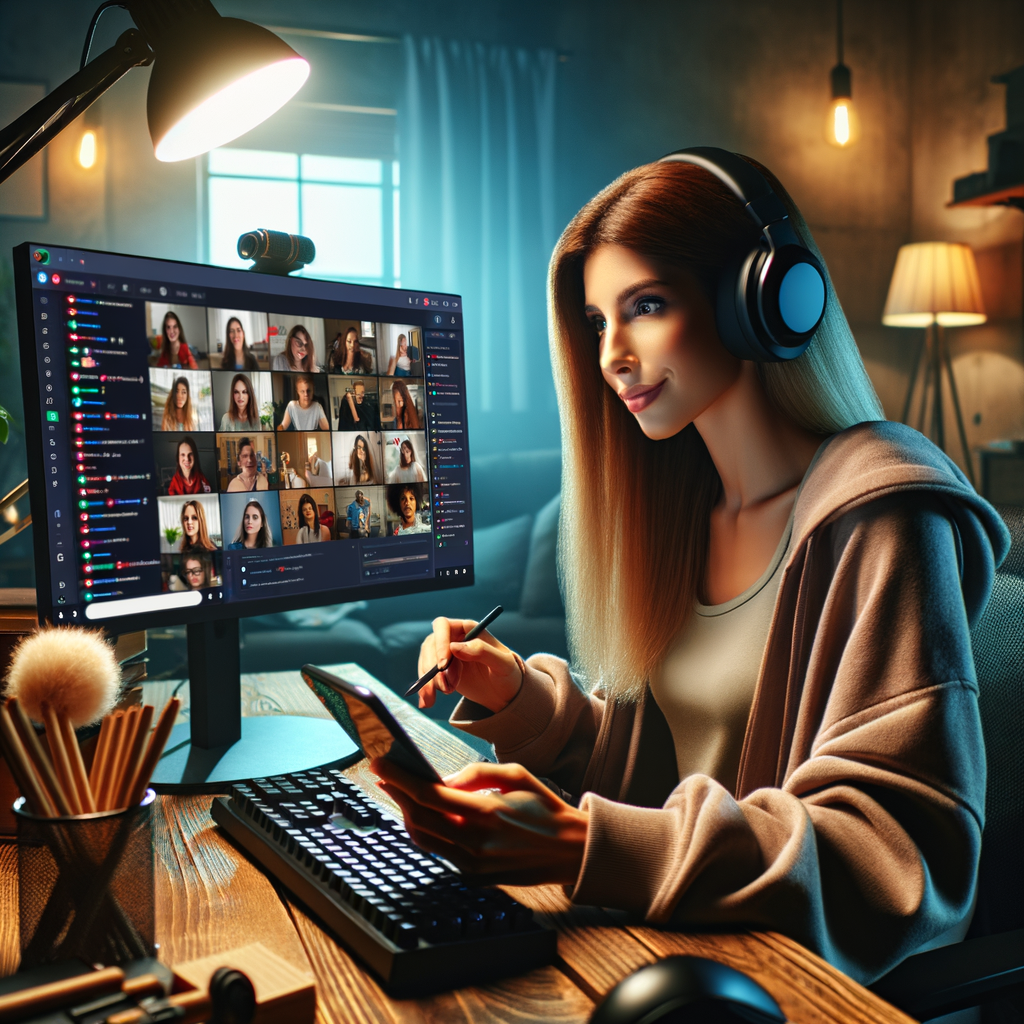Behind the Screen: How Top Streamers Balance Fame and Privacy
Discover how top streamers are redefining personal privacy, balancing public personas with private lives, and what this shift means for new content creators.
Behind the Screen: How Top Streamers Are Redefining Personal Privacy in a Digital Age
The lives of popular streamers can seem larger than life, played out in real-time before thousands or even millions of viewers. On one hand, social platforms like Twitch and YouTube have made authentic connection and transparency hallmarks of success, making it feel as though fans are part of a streamer’s inner circle. On the other hand, the same tools that help streamers build communities can blur the boundaries between their public personas and private lives. More and more, I see creators wrestling with how much to share, how to safeguard their personal information, and how to foster genuine relationships while protecting their mental well-being.
This balancing act is only getting harder as online fame grows. Often, viewers expect access not just to the content, but to the content creator themselves. Doxxing, harassment, swatting, and stalkers are grim realities that can come with being a public figure online. The more accessible and "real" a streamer is, the more pressure there is to invite the audience into every facet of their life—from relationships and friendships to daily routines. As I’ve watched streamers rise in popularity, I’ve noticed many now set firmer boundaries than ever before, drawing clear lines between what happens on camera and what remains private.
But redefining privacy isn’t just about keeping information secret. Top creators are open about their limits and set rules for engagement with their communities. Streamers like Pokimane and Valkyrae, for instance, have been vocal about not sharing certain personal details or establishing "no-go" zones on stream. Rather than detract from their brand, this transparency about boundaries actually enhances trust between creator and fanbase. It shifts the focus from voyeurism to mutual respect, and that’s something I try to emulate in my own online interactions.
For aspiring content creators, these evolving norms are game-changing. Instead of feeling pressured to bare it all, creators can define privacy on their own terms. By watching seasoned streamers handle situations like unwanted attention, family privacy, or streaming "off the clock," newcomers can learn best practices around digital boundaries. Discussing these issues openly in the community not only destigmatizes the desire for privacy but shows that protecting yourself is a sign of professionalism, not weakness.

Technology now plays a role in how privacy is managed, as well. Two-factor authentication, screen filters, content moderation tools, and private Discord servers all help keep personal spaces safe. Some streamers use alternate social media accounts for "close friends only," maintaining public profiles while staying connected to a trusted inner circle. Additionally, platforms are responding to creator concerns by rolling out features for more controlled sharing, reporting harassment, or scheduling "offline" events for downtime. I find integrating these tools crucial for setting the right work-life balance in digital spaces.

Ultimately, streaming is more than just broadcasting gameplay, art, or commentary—it’s about building communities. The boundaries streamers set around their privacy aren’t just fences; they’re foundations for healthy, sustainable engagement. As the creator economy matures, I believe viewers and fans increasingly recognize that respecting creators’ boundaries is a key part of supporting their favorite streamers. Reformulating privacy doesn’t diminish authenticity; it allows for a more thoughtful, intentional connection between digital personalities and the communities they nurture.
Conclusion
Navigating personal privacy as a content creator or streamer is an evolving challenge. By following the lead of top streamers who make intentional choices about what to share, aspiring creators can prioritize both authenticity and their well-being. We may not all have fame on the same scale, but we each have the right to draw our own boundaries online—and to have them respected by our audiences.
Blog Article Tags
streamers privacy content creation digital culture social media online safety twitch youtube creators creator economyMore Articles
Maximizing Your Reach: Effective Social Media Strategies for Indie Creators - Discover actionable social media strategies for indie creators to engage fans, grow your audience, and increase support across disciplines.
The Secret Rituals and Superstitions of Top Streamers Revealed - Explore the quirky rituals and superstitions of successful streamers. Learn how these unique habits help boost luck, focus, and audience engagement in streaming culture.
The Secret Sauce to Building an Irresistible Personal Brand That Turns Followers into Fans - Unlock winning strategies for personal branding in 2025 to grow your social media following, build deeper audience loyalty, and stand out online.
Here's How to Generate Unique Ideas When Your Brain Is Out of Juice - Discover proven techniques and mindset shifts to reignite your creativity and brainstorm fresh, unique ideas when you feel stuck or uninspired.
Unconventional Ways to Launch a Small Business Without Traditional Funding - Discover creative ways to start a business using your passion without loans. Explore side hustles, marketplaces, and digital tools that sidestep traditional funding.


